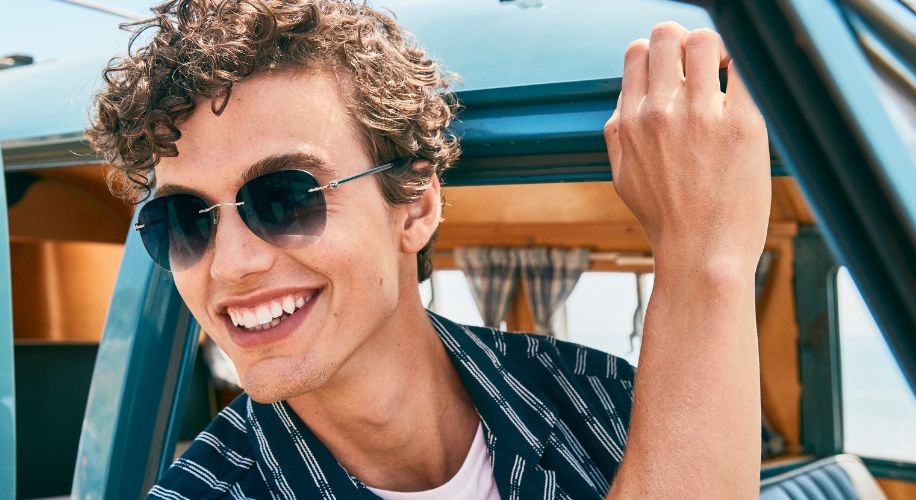Unveiling the Benefits and Considerations of Polarized Lenses
- BY Dr. Steven Liem
- IN Lenses
Polarized lenses have become a popular choice for eyewear enthusiasts, offering a range of advantages for outdoor activities. However, understanding when to wear and when to avoid polarized lenses is crucial for maintaining optimal eye health and visual clarity. Join us as we explore the benefits of polarized lenses and when it may be best to opt for an alternative. Remember, consulting with your eye care provider is always recommended before making any changes to your eyewear routine.
The Advantages of Polarized Lenses
Polarized lenses are specially designed to reduce glare caused by reflective surfaces such as water, snow, and roads. By filtering out horizontally-oriented light waves, polarized lenses enhance visual clarity and comfort, making them ideal for various outdoor activities. Here are some key benefits of polarized lenses:
- Improved Visual Comfort: Polarized lenses minimize glare, allowing for clearer and more comfortable vision, especially in bright sunlight.
- Enhanced Safety: By reducing glare from surfaces like water or roads, polarized lenses can improve safety during activities such as driving, boating, or skiing.
- Better Contrast: Polarized lenses enhance contrast, making it easier to discern objects and terrain in outdoor environments.
- Reduced Eye Strain: With reduced glare and improved visual clarity, polarized lenses can help reduce eye strain and fatigue during prolonged outdoor activities.
When to Wear Polarized Lenses
Polarized lenses are particularly beneficial in sunny outdoor settings where glare is a common issue. Consider wearing polarized lenses for activities such as:
- Driving: Polarized lenses can enhance visibility and reduce glare from the road and other vehicles.
- Fishing: Polarized lenses help anglers see beneath the surface of the water by reducing glare and enhancing contrast.
- Skiing and Snowboarding: Polarized lenses improve visibility on snow-covered slopes by minimizing glare from the sun’s reflection.
- Beach or Water Activities: Polarized lenses reduce glare from water surfaces, providing clearer vision for beachgoers and water sports enthusiasts.
When to Avoid Polarized Lenses
While polarized lenses offer many benefits, there are situations where they may not be suitable. It’s essential to consider the following factors before opting for polarized lenses:
- LCD Screens: Polarized lenses can interfere with the visibility of LCD screens, such as those found in car dashboards, ATMs, and certain digital displays.
- Some Sports Activities: In fast-paced sports with rapid changes in lighting conditions, such as downhill skiing or cycling, polarized lenses may hinder visibility.
- Certain Occupational Tasks: Depending on the nature of your job, polarized lenses may not be suitable for tasks that require precise color perception or the ability to see LCD screens.

Finding the Right Eyewear for Your Lifestyle
With Zenni’s extensive selection of polarized frames, finding the perfect pair to complement your outdoor lifestyle has never been easier. Explore a world of possibilities and elevate your visual experience with polarized lenses. But remember, before embarking on your eyewear journey, consult with your trusted eye care provider to ensure that your vision needs are met with precision and care. Embark on your next adventure with confidence, clarity, and style with Zenni’s polarized lenses.



